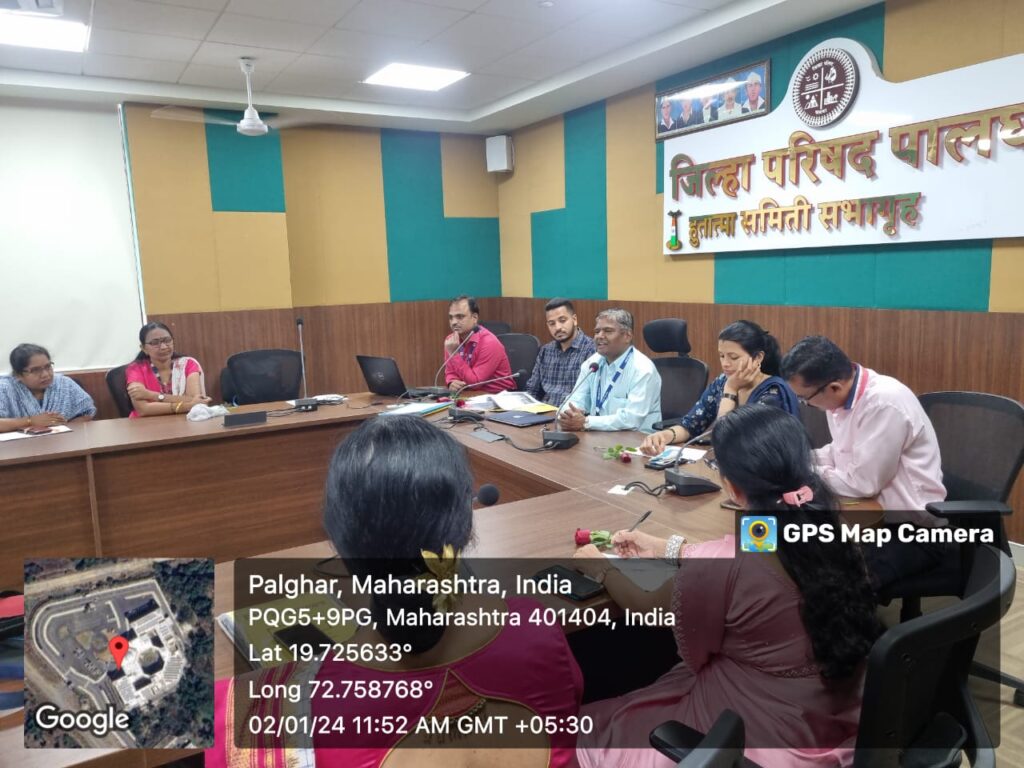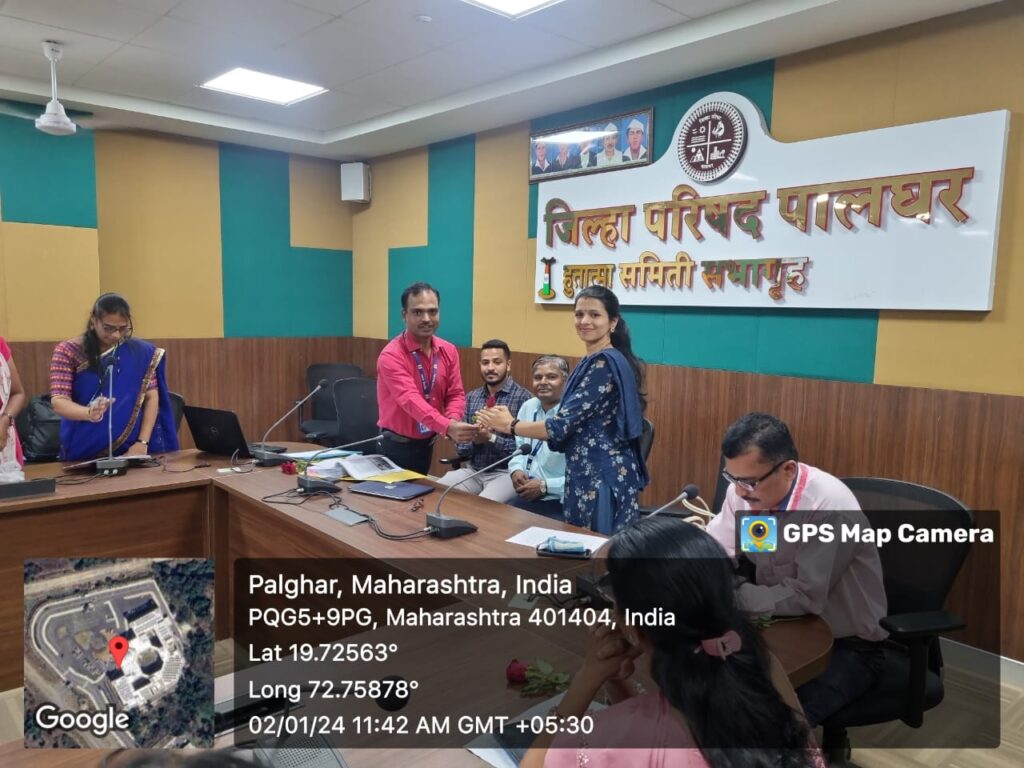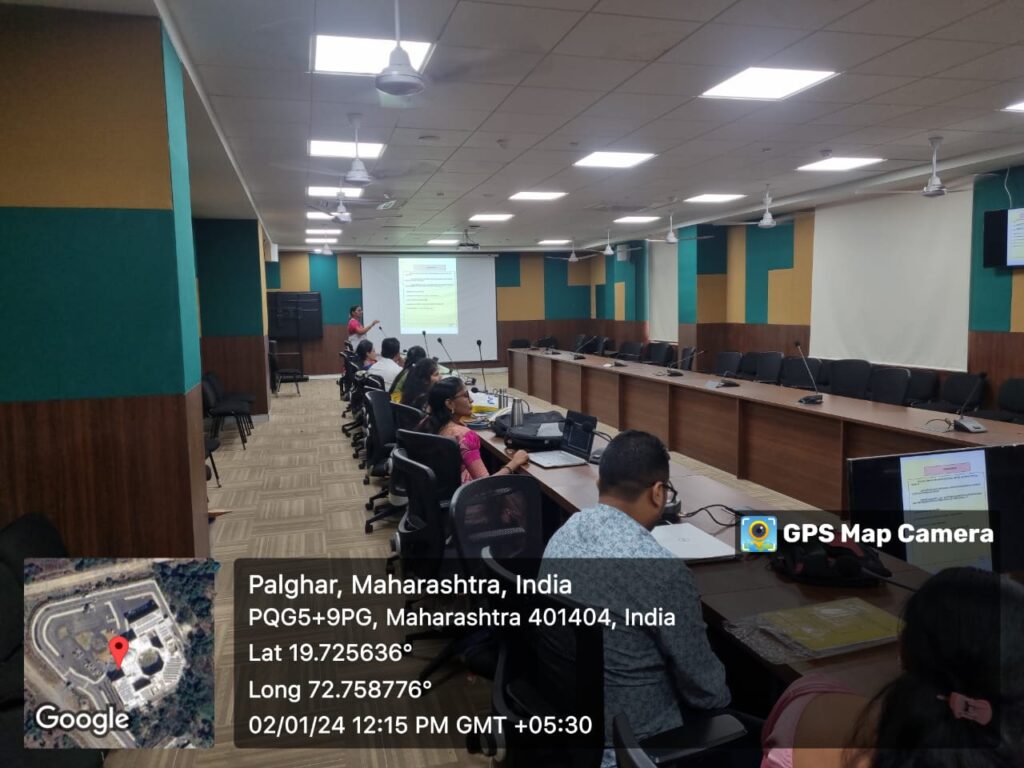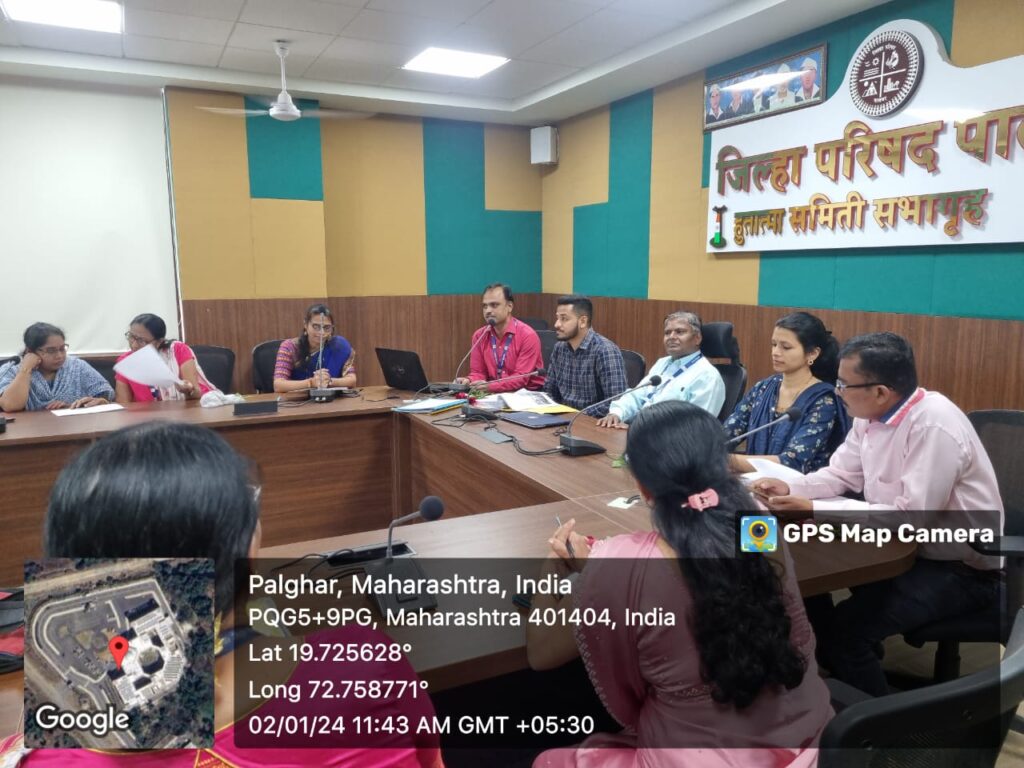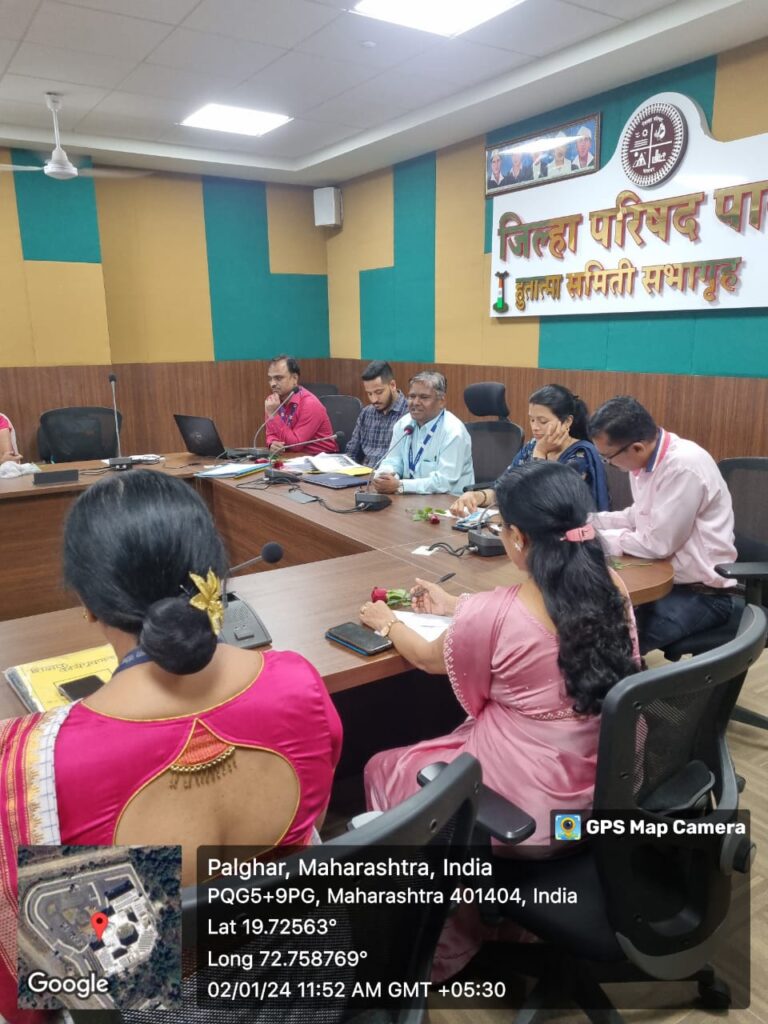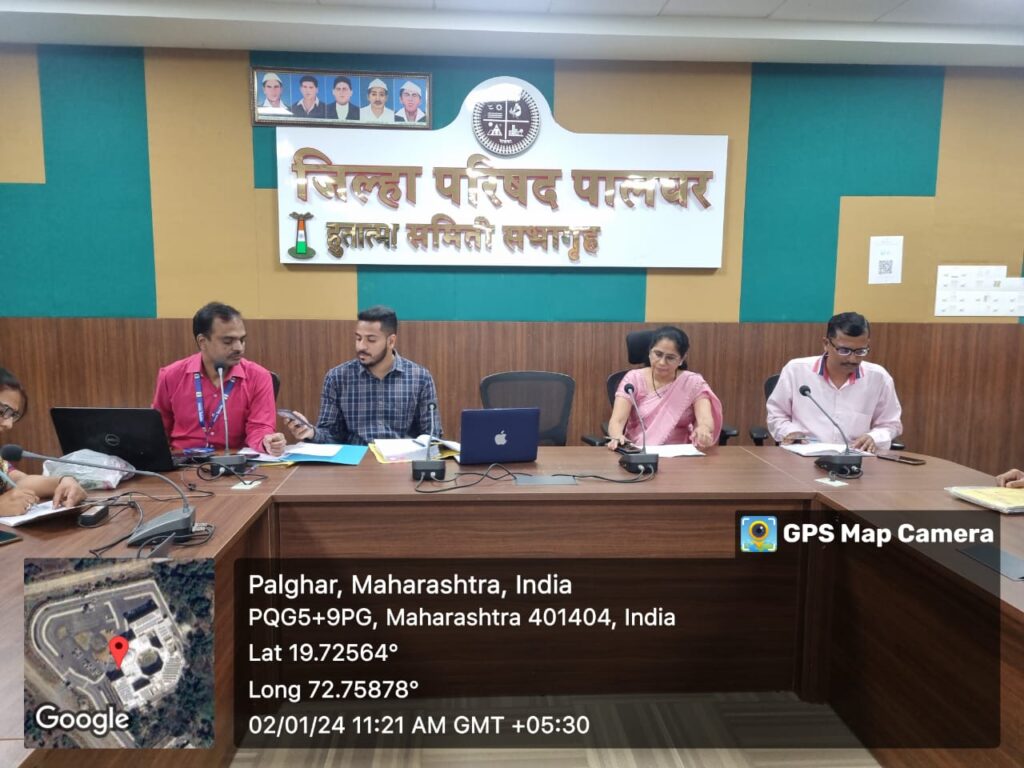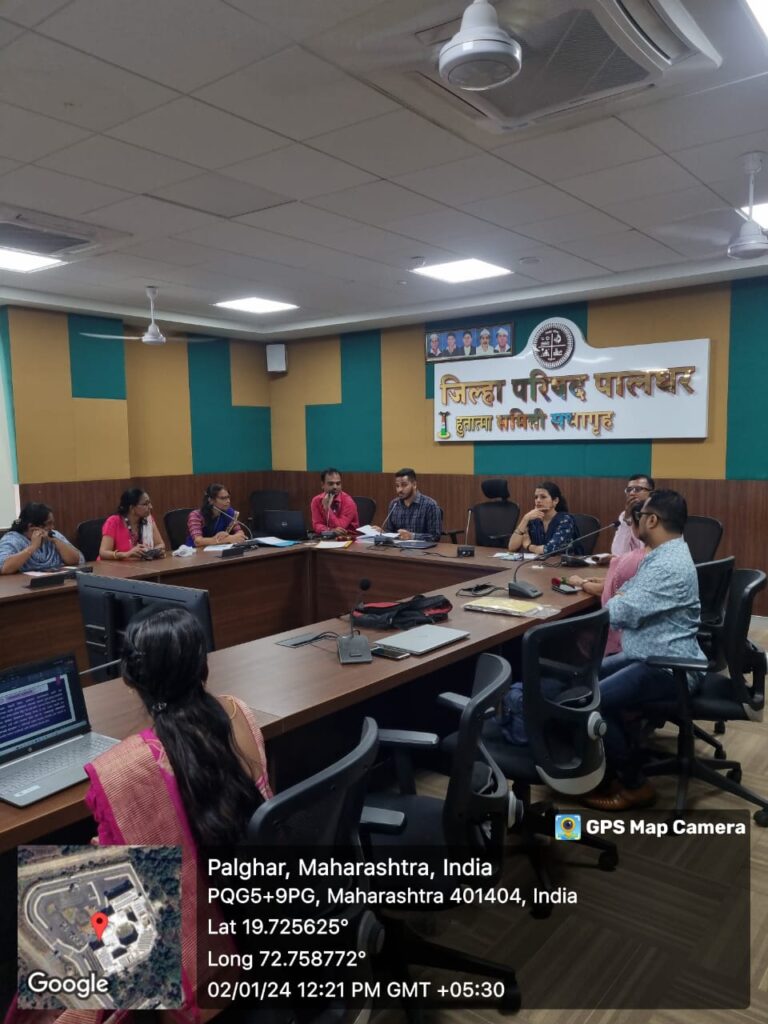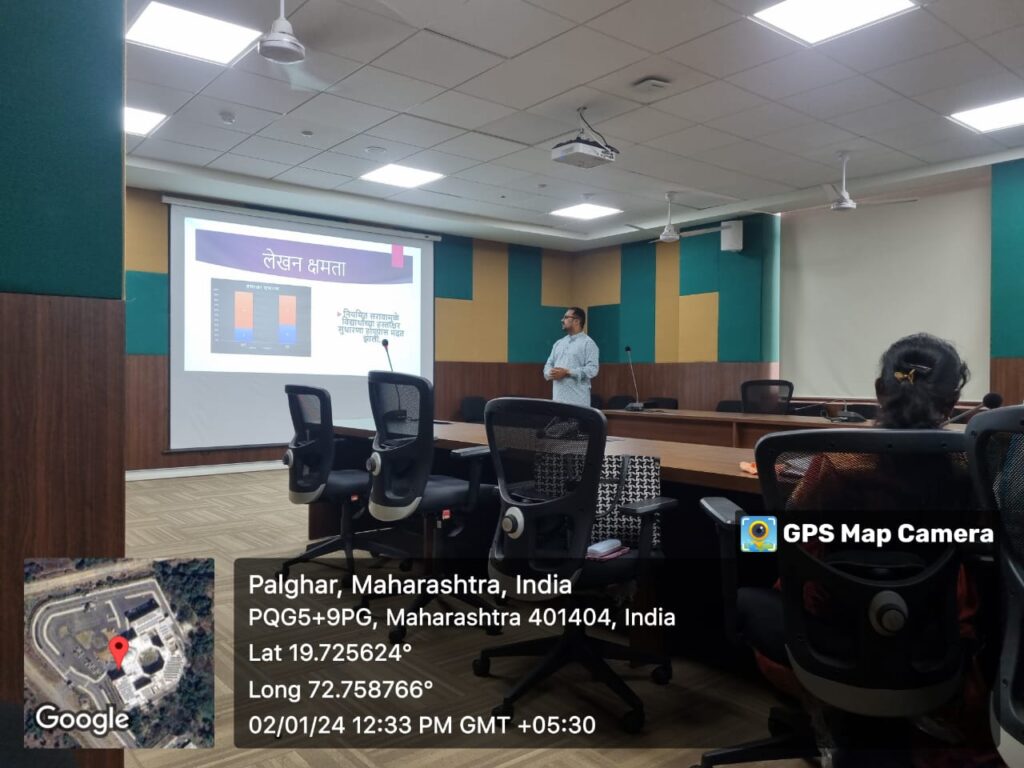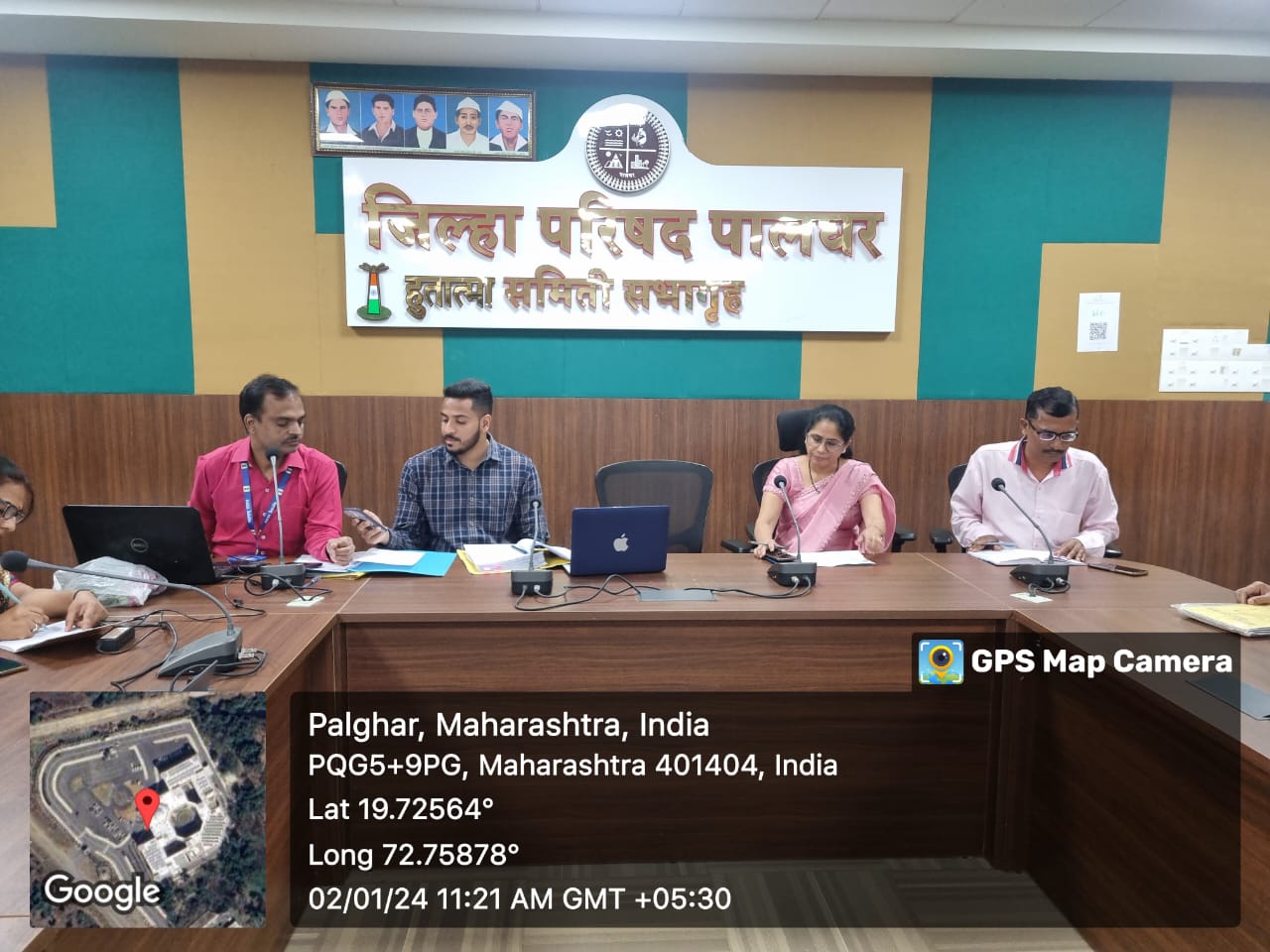The Teacher Innovation Competition aimed to acknowledge educators who displayed innovative teaching practices, fostering engagement, creativity, and effectiveness in their classrooms. The judging panel consisted of [list panel members] who evaluated the submissions based on predefined criteria.
Evaluation Criteria
- Originality: Uniqueness and novelty of the approach.
- Impact: The demonstrable effect on student learning and engagement.
- Scalability: Feasibility and adaptability of the innovation to different settings.
- Sustainability: Potential for continued effectiveness over time.
- Clarity of Presentation: How well the innovation was communicated.
Process
- Submission Review: Entries were reviewed anonymously to ensure impartial evaluation.
- Scoring: Each judge independently scored entries based on the criteria.
- Discussion and Consensus: Judges discussed entries with divergent scores to reach a consensus.
Observations
- Diversity of Innovations: The submissions showcased a wide array of innovative teaching methods, ranging from technology integration to unconventional classroom setups.
- Student-Centric Approaches: Many innovations prioritized student involvement, encouraging active participation and personalized learning experiences.
- Adaptability: Some innovations exhibited strong potential for scalability across diverse educational settings, indicating broader applicability.
- Challenges Faced: A few entries faced challenges in articulating the sustainability and scalability of their innovations.
Winners and Recognition
- Top Entries: Identified entries that excelled across all criteria.
- Honorable Mentions: Acknowledged noteworthy innovations that displayed promise or uniqueness.
- Recognition and Prizes: Established recognition for winners and participants, offering support for implementing their innovations.
Recommendations
- Feedback for Participants: Providing constructive feedback to all participants to encourage continuous improvement.
- Showcasing Innovations: Organizing events or publications to share these innovations within the educational community.
- Future Competition Improvements: Incorporating clearer guidelines and support mechanisms to assist participants in presenting scalability and sustainability aspects.
